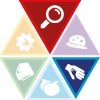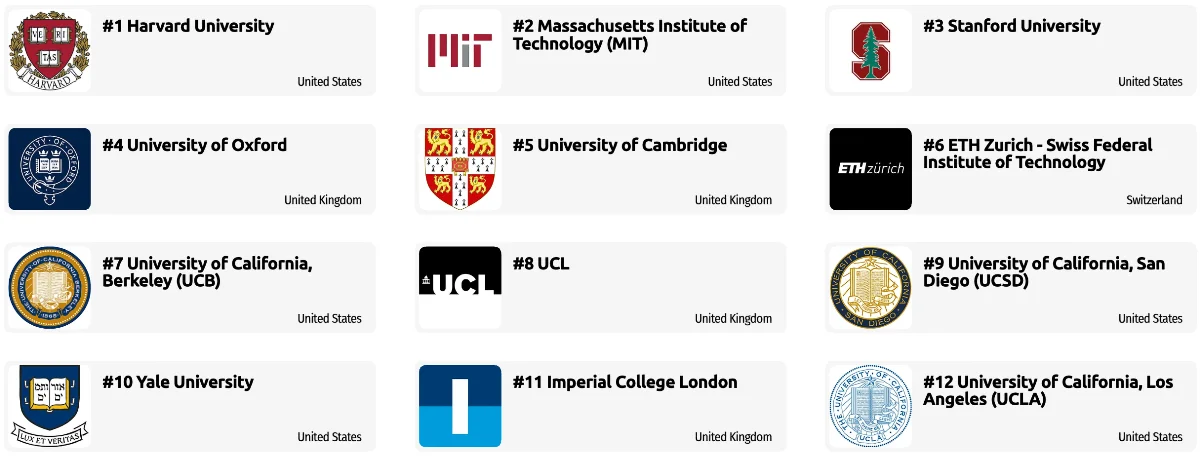Analyst

Analysts will often perform the following tasks:
- Identifying the underlying principles, reasons, or facts of information by breaking down information or data into separate parts.
- Using relevant information and individual judgment to determine whether events or processes comply with laws, regulations, or standards.
- Assessing the value, importance, or quality of things or people.
- Compiling, coding, categorizing, calculating, tabulating, auditing, or verifying information or data.
Inspector

Inspectors should be great at:
- Estimating sizes, distances, and quantities; or determining time, costs, resources, or materials needed to perform a work activity.
- Observing, receiving, and otherwise obtaining information from all relevant sources.
- Identifying information by categorizing, estimating, recognizing differences or similarities, and detecting changes in circumstances or events.
- Inspecting equipment, structures, or materials to identify the cause of errors or other problems or defects.
Other work activities related to Epidemiologists
- Monitoring and reporting incidents of infectious diseases to local and state health agencies.
- Communicating researching findings on various types of diseases to health practitioners, policy makers, and the public.
- Educating healthcare workers, patients, and the public about infectious and communicable diseases, including disease transmission and prevention.
- Overseeing public health programs, including statistical analysis, health caring planning, surveillance systems, and public health improvement.
- Investigating diseases or parasites for determining cause and risk factors, progress, life cycle, or mode of transmission.
- Planning and directing studies for investigating human or animal disease, preventive methods, and treatments for disease.
- Planning, administering and evaluating health safety standards and programs for improving public health, conferring with health department, industry personnel, physicians, and others.







